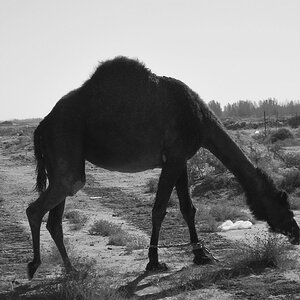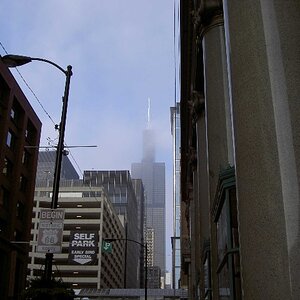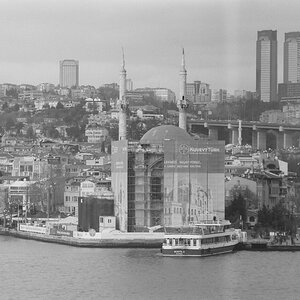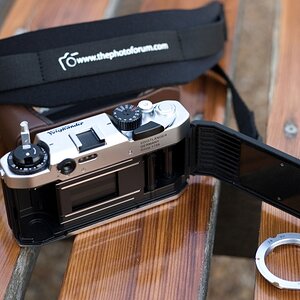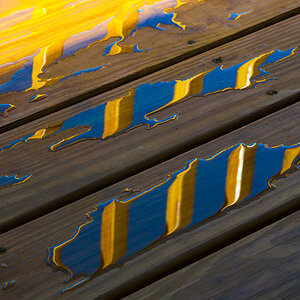Foxman
TPF Noob!
- Joined
- Dec 11, 2009
- Messages
- 193
- Reaction score
- 0
- Location
- North Carolina
- Can others edit my Photos
- Photos NOT OK to edit
I have read a couple of threads discussing this but am curious.
I know most people probably just go buy a scanner, but realisticly I am not sure I would be happy with a $100 scanner and can't really afford one much better than that right now. I am considering having some of my stuff from the late 80's early 90's scanned (negatives & slides).
Whats the best place to go, Local or online and what type of money per scan is reasonable. I met a local shop owner today who suggested .35 per was what he charged, but I have no idea how good his scanner is.
I am new to this idea so am not real sure what I should be looking for.
I am hoping to be able to put together a portfolio book with some of my older stuff + my newer digital work. Thoughts?
If it matters 99.9% would be 35mm mostly negative's some slide's, some B&W mostly color and very few if any would be medium format.
I know most people probably just go buy a scanner, but realisticly I am not sure I would be happy with a $100 scanner and can't really afford one much better than that right now. I am considering having some of my stuff from the late 80's early 90's scanned (negatives & slides).
Whats the best place to go, Local or online and what type of money per scan is reasonable. I met a local shop owner today who suggested .35 per was what he charged, but I have no idea how good his scanner is.
I am new to this idea so am not real sure what I should be looking for.
I am hoping to be able to put together a portfolio book with some of my older stuff + my newer digital work. Thoughts?
If it matters 99.9% would be 35mm mostly negative's some slide's, some B&W mostly color and very few if any would be medium format.


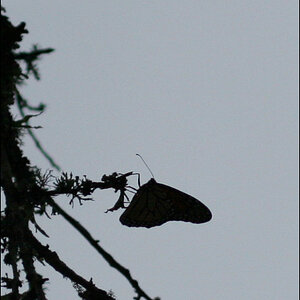
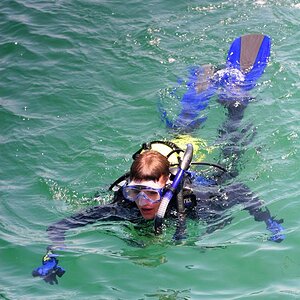
![[No title]](/data/xfmg/thumbnail/42/42457-a2cc06037a1ecaed84b9f0e5366fa8c7.jpg?1619740191)
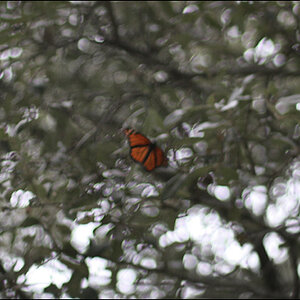
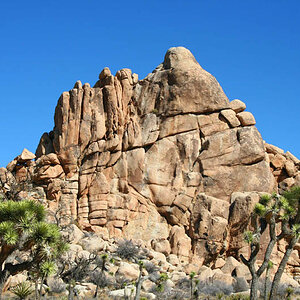
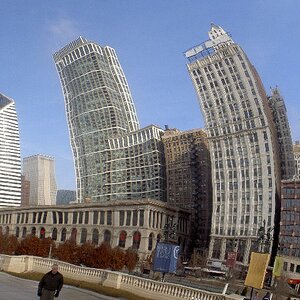
![[No title]](/data/xfmg/thumbnail/42/42458-8274869c9294d2f0655f80c8f0e6048c.jpg?1619740191)
